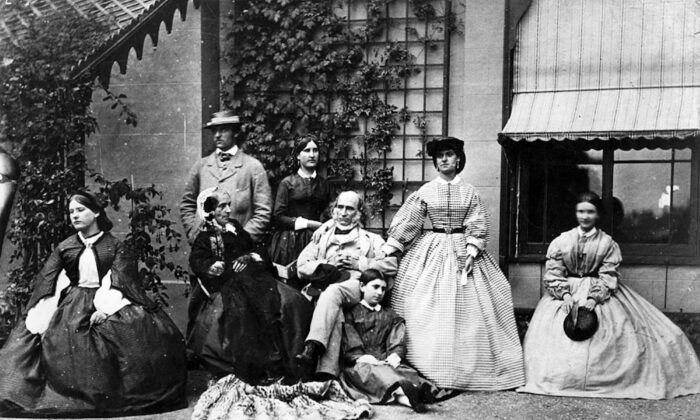The transition from virtues to values marked a significant shift in thinking that was both misleading and problematic. In today’s world, a person’s values no longer need to align with virtuous principles.
The emergence of Margaret Thatcher as the UK’s first female prime minister in 1979 brought about a period of revitalization and economic growth across the North Atlantic Triangle. Known as the “Iron Lady,” Thatcher, along with Ronald Reagan and Brian Mulroney, emphasized free enterprise, patriotism, and limited government intervention as the pillars of their leadership.
Thatcher’s adherence to “Victorian values,” instilled in her by her grandmother, emphasized hard work, self-reliance, respect, cleanliness, neighborliness, and national pride. However, historian Gertrude Himmelfarb argued that Thatcher’s grandmother would have likely referred to these as virtues rather than values.
Himmelfarb highlighted Nietzsche’s introduction of the concept of “values” in the late 19th century, which sparked a revolution against traditional virtues. Unlike virtues, modern values are subjective, relative, and often self-serving, lacking the practicality and moral clarity of Victorian virtues.
The shift from virtues to values has led to unsettling social trends, such as a rise in crime rates and illegitimacy, indicating a decline in moral standards and social norms. This decline in moral values has been likened to a “J-curve” of deviancy, with no apparent limit to the normalization of deviant behavior.
Reflecting on history, it is evident that rejecting traditional virtues in favor of subjective values has had detrimental consequences on societal well-being. The normalization of deviant behavior and the lowering of moral standards underscore the importance of upholding virtuous principles in guiding individual and collective conduct. However, many people are still facing significant challenges such as chaotic lives, unstable employment, broken families, inadequate education, substance abuse, homelessness, poor health, exposure to crime, and moral uncertainty. Those who are concerned about these ongoing social issues are often told to move on from traditional values and be less critical. The study of history is being disregarded as if it were a foreign concept.
But change is possible. In his book “In Defense of Civilization: How Our Past Can Renew Our Present,” Canadian scholar Michael Bonner argues that every great revival of civilization has been inspired by the past. He emphasizes that progress comes from intentionally following successful practices of the past, rather than random experimentation.
If cultural leaders can break free from the constraints of the “values revolution,” it might be beneficial to revisit the virtues exemplified by Margaret Thatcher’s grandmother. By learning from history and embracing proven values, we can work towards a better future.
(Note: This article reflects the author’s opinions and not necessarily those of The Epoch Times.)
Source link





